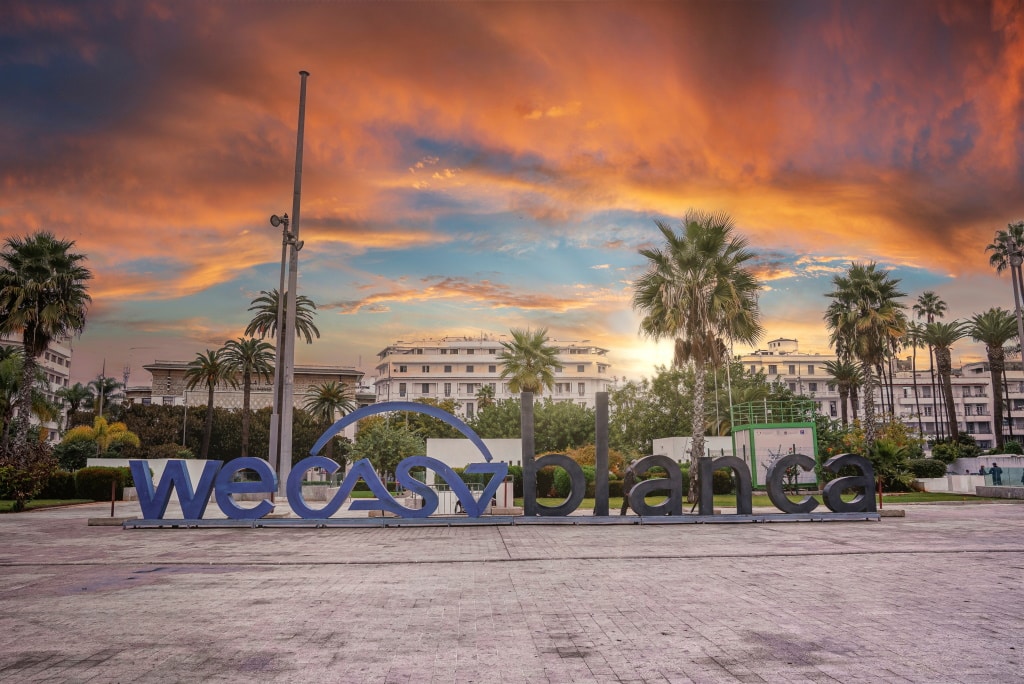The Moroccan authorities are launching a training programme focusing on “smart city strategies in Africa”. The initiative will help accelerate the digital transformation of the major cities of the Kingdom of Morocco, such as Casablanca, Tangier and Marrakech. This master’s degree on smart cities is organised in partnership with the Federal Polytechnic School of Lausanne in Switzerland.
The courses, intended mainly for African students, particularly Moroccans, will take place on the campus of the Mohamed VI Polytechnic University (UM6P) in Ben Guerir, 257 kilometres from the capital Rabat. The learners will be equipped on eight modules including connectivity and digital governance, open data and artificial intelligence (AI).
“This training combines the fields of engineering as well as social and human sciences related to the smart city in Africa. Indeed, smart cities require skills that are somewhat different from those of conventional urban planning. It will therefore be necessary to massively train engineers and strengthen their skills in the field of digital and urban systems, so that they are capable of managing this technological minefield that is crucial for the construction of smart cities and therefore for development on the continent,” explains Jérôme Chenal, Professor of Urban Planning at the Swiss Federal Institute of Technology in Lausanne.
Digital technology for sustainable development
Morocco is stepping up its efforts in terms of ecological transition. It is in this context that the Cherifian kingdom has organised the fourth edition of the Smart City Expo in 2019. In Casablanca, the participants of this event focused on the implementation of the United Nations Sustainable Development Goals (SDGs) addressed several themes such as AI as a potential for improving the quality of services in urban areas.
Read also-AFRICA: RFI Planet Radio is looking for 8 people for the « ePOP sustainable cities
Moreover, since October 2015, Casablanca is the first African agglomeration to have joined the network of 25 smart cities selected by the Institute of Electrical and Electronics Engineers (IEEE) based in the United States of America. Since then, the Moroccan economic capital has been accelerating its digital transformation, notably through the installation in 2016 of an urban video surveillance system. This system, consisting of 760 surveillance cameras connected to 220 kilometres of fibre optics, enables the municipality to improve road traffic in real time and to reinforce security in commercial buildings.
Benoit-Ivan Wansi
